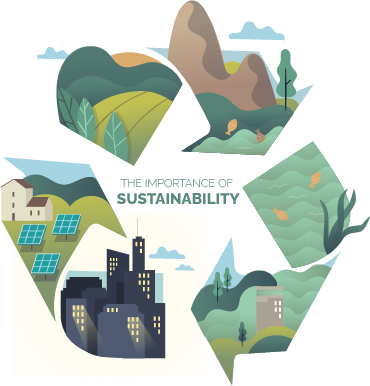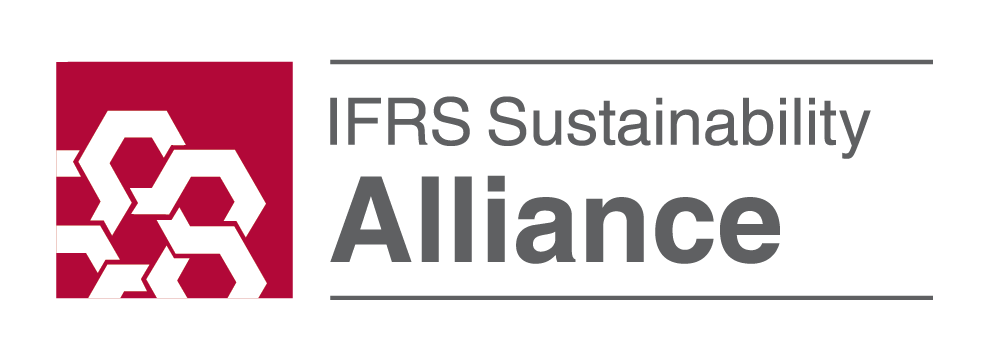The end of days is near, the signs are clear. Just look at the earth now, it has a ‘disease’ called Global Warming. From time to time deviations or weather anomaly is continuing.
If we look at the back, the destruction of the earth has been going on since 150 years ago, together with the industrial revolution. The source is the over use of energy, especially fossil energy from oil and coal which emits carbon dioxide (CO2) so it will increase the volume of greenhouse gasses in the atmosphere which can destroy the ozone layer. The earth condition is continuously decreasing with large amounts of jungle opening for all sorts of economic reasons without any control. Adding to all of this chemicals that have the potential to damage the ozone layer, and increase CO2 emissions until this old earth will suffer.
The awareness of saving the earth started in the early 1980s. It started in 1983 with the establishment of the Bruntland committee by the United Nations, one of their recommendations was sustainable development to be conducted continuously. This committee underlines the purpose of sustainable development is to fulfill the needs of today’s generation without disturbing the ability of future generation.
The recommendation of the Bruntland report has been followed up by a number of parties which established a number of initiatives or other disciplines. One of those are Agenda 21/MDG’s (1992). Environmental Accounting (1992). Kyoto Protocol (1998), World Summit on Sustainable Development (2002), Equator Principles (2002), Environmental Management Accounting (2002), dan Bali Road Map (2007).
The core of these initiatives are , the business community should conduct its operations with the basis of ‘3P’ (planet, people, profit). This means in order to obtain profit, the company needs to be responsible in taking care of the planet and care about people.
How far has companies conducted the principles of “3P” this can be seen in their sustainability report. Sustainability Reports contains three company performance indicators which are economy, environment and social . Sustainability Reporting has been developed since 1992. The International standard for sustainability reporting has been developed by the Global Reporting Initiative which is located in Amsterdam, the Netherlands in the year 2000. Till today 10.000 companies have published their reports every year. As for in Indonesia only 20 companies have made sustainability reports.
The credibility of sustainability reports has been marked by assurance statements by external assurance. In Europe a number of public accountants, especially the big four which provide assurance services against sustainability reporting. Unfortunately this has not been done yet in Indonesia, where assurance services on sustainability reports are only given by Consultants. But actually public accountants should have that capability in this country, if you look at what the Indonesian Institute for Management Accountants (IAMI).
The promotion and dissemination of sustainability reporting standards including assurance standards has been developed at IAMI since 2005, with the establishment of “National Center for Sustainability Reporting”. This organization has been established by the Indonesian Public Listed Companies Association (AEI), National Committee on Governance (KNKG), Forum for Corporate Governance in Indonesia (FCGI), and the Indonesian Netherlands Association (INA). The NCSR focuses on capacity building in the field of sustainability management and reporting by conducting trainings and certification exams which are the Certified Sustainability Reporting Specialist (CSRS), and the Certified Sustainability Reporting Assurer (CSRA). We hope that with these types of training, Indonesia will have skilled people in developing sustainability reports and assurance services.
“Ali Darwin is the Chairman of IAMI and Executive Director of NCSR.





